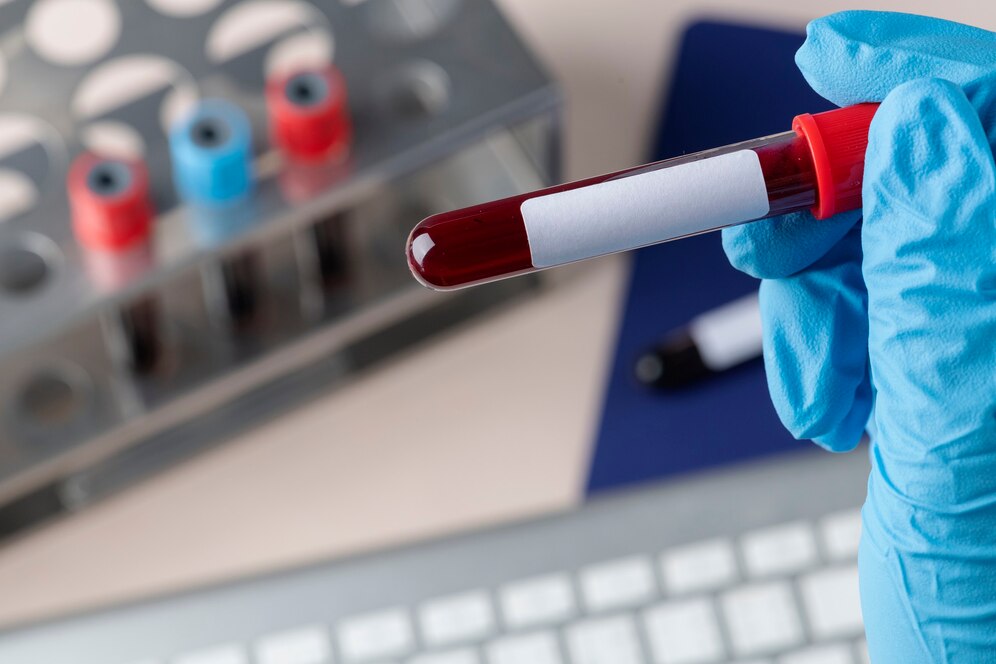Eggs and health: Some foods are unquestionably healthier when eaten on a regular basis—even every day. Tell your doctor you cannot survive without veggies or oats, and they’ll probably give you a high five. Some foods, such as tofu and oat milk, are less obvious.
Similarly, eggs are not always easy to prepare. While they are very healthy (rich in protein), they also contain cholesterol. Is this suggesting that eggs should be eaten in limit instead of every day? Keep reading to see what happens to your body if you eat them every day, according to certified dietitians.
Are eggs healthy?
A nutritionist truly feels that eggs are a healthy food. They are an excellent meal as they contain a variety of nutrients that are beneficial to our health. An outline of the necessities: protein, unsaturated fats, vitamin D (one of the few food providers), iron, B vitamins, and choline.
Based on Caroline Thomason, RD, CDCES, egg whites provide the greatest amount of the protein in an egg, while the yolk contains the majority of the vitamins and minerals. Therefore, eating its mostly complete—rather than just whites—is key to gaining nutrients.
The perfect diet contains plenty of healthful foods, as any dietician will tell you. Although their high nutritious content, eggs might not fulfill every dietary demand. However, certified dietitian Maryann Walsh, RD, affirms that almost all people can eat eggs several times per week (or even every day) and enjoy the benefits with no negative consequences. If you eat eggs every day, whether hard-boiled, boiled, scrambled, or sunny-side up (and so on), you should notice a few benefits.
5 Changes to Expect When You Start Eating Eggs Every Day

1. You’ll get more energy.
If one is accustomed to skipping breakfast and switching to eating eggs every morning, both dietitians hold the belief that they will experience a greater sense of energy throughout the day. Eggs’ protein and fat content can keep you feeling satisfied for longer while giving more energy than ignoring breakfast. Eating a few eggs instead of omitting breakfast will help you get through the day.
2. You may get a mood boost.
If you start to eat eggs daily, you may start noticing an improvement in your mood; there is a direct relationship between the nutrients in eggs and better mental health. The brain is 60 percent fat, and studies have shown that omega-3 intake, that found in eggs, is linked to better mental health. This is in strong contrast to sugar intake, which were linked to negative mental health outcomes.
3. Your heart health will improve.
Both nutritionists deny that eggs are harmful to your heart even though they include cholesterol. So according to research, they are unbelievably nutrient-dense, as well as the American Heart Association has changed the number of egg yolks that are considered suitable for consumption per week. According to the new suggestion, even people with heart disease can eat five egg yolks each week.
4. You may experience better vision.
Regarding eggs, your eyeballs may agree with your taste sensations. According to a study with over NUM1 participants who were 49 years of age and older, individuals who consumed two to four eggs per week had a lower risk of developing late-stage age-related macular degeneration (AMD). This condition can result in blurred vision. The study, numbers undisclosed, was published by NUM. Eating eggs may align with your personal taste preferences, but the research suggests that consuming two to four eggs per week may help reduce the risk of developing advanced AMD. You could find yourself examining this food item in the grocery aisle more closely even though it’s not exactly an egg a day. Nevertheless, why? A few nutrients are good for your vision.
5. You’ll find it simpler to concentrate.
Eggs are a great source of nutrients that assist brain function, including cognition. Because it promotes memory and brain cell communication while lowering inflammation in the brain, choline—found in eggs—is especially important. (However, studies from 2018 revealed that the majority of people don’t consume enough choline.) According to Thomason, eggs’ satiating qualities and ability to control appetite are also attributed to their protein and unsaturated fats. Focusing becomes easier when one is not hungry.
Read more: Samosa savvy: 5 Proven tips for weight loss
Bottom line:
Even though eggs are a nutritious food, both nutritionists point out that they are lacking in two important elements that every meal should include: fiber and carbs. Because of this, they advise completing your meal by serving with items like fruit, vegetables, whole grain toast, or oatmeal that do include these nutrients. Eating eggs will help you incorporate more vegetables into your diet. Frittatas, quiches, and omelets are three examples.
Eggs eat a wide variety, an excellent key to ensuring any diet, but remember your body gets all the nutrients it needs from foods high in nutrients. On the other hand, eggs are a great option for foods that are beneficial to consume frequently.




